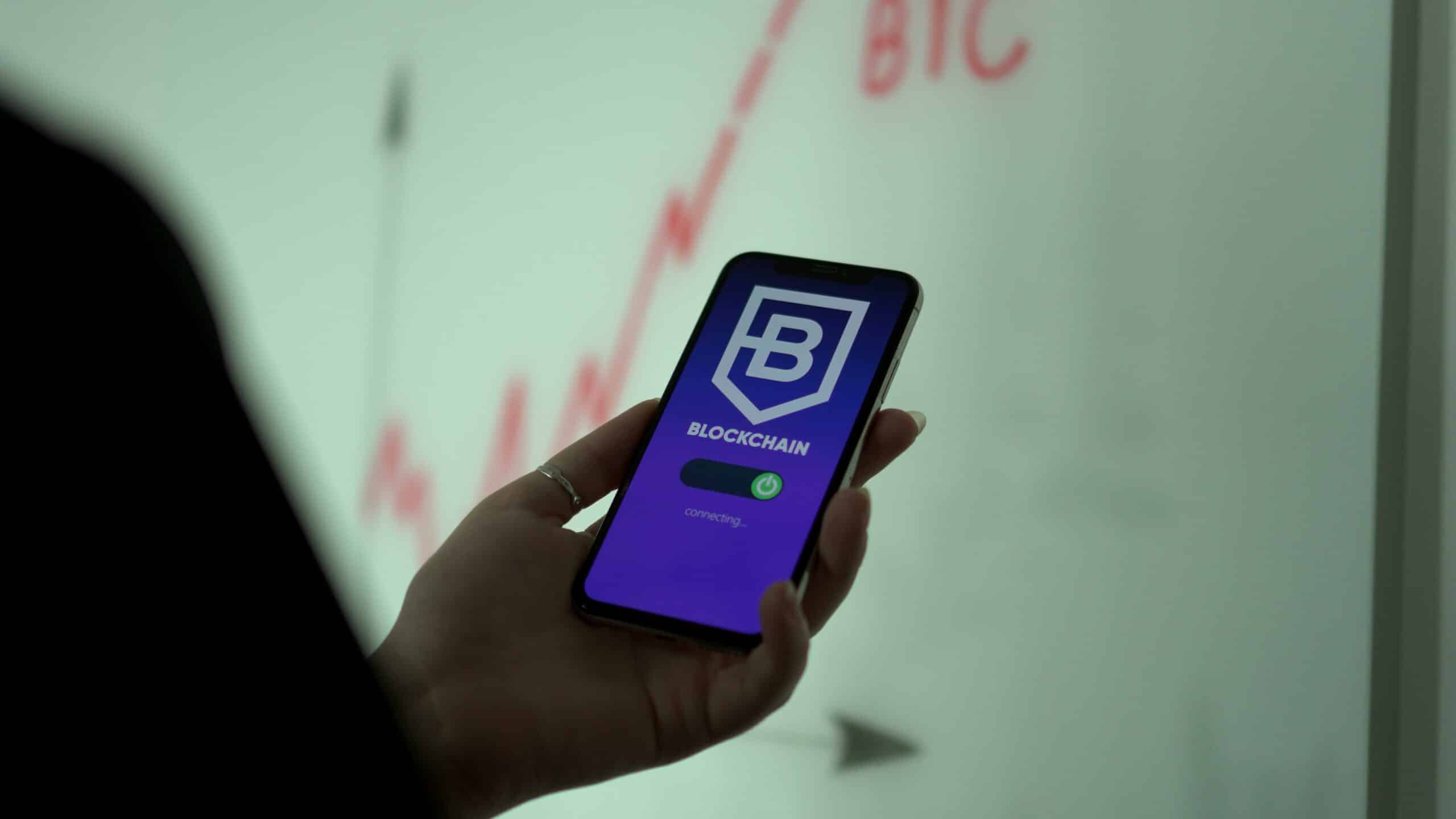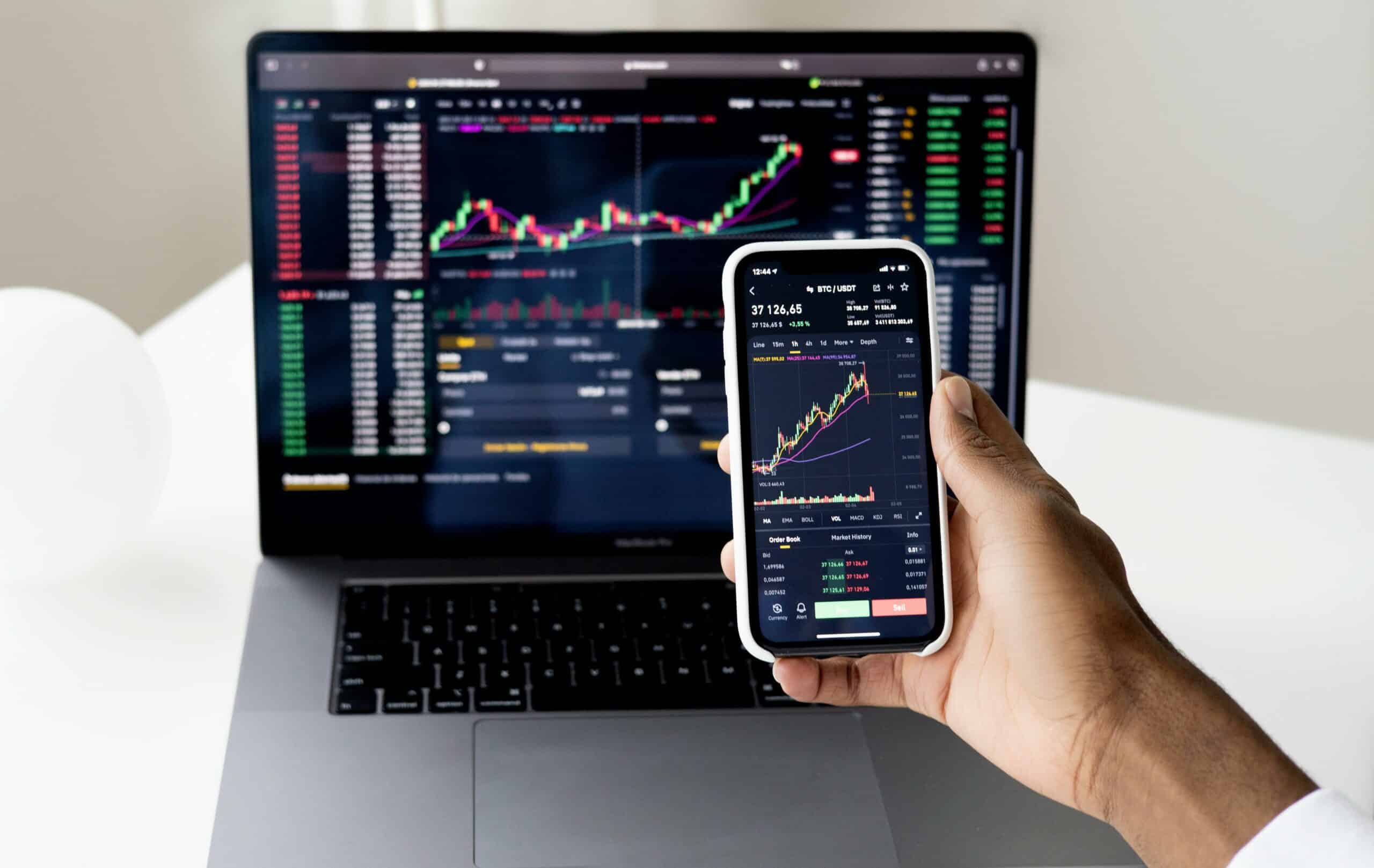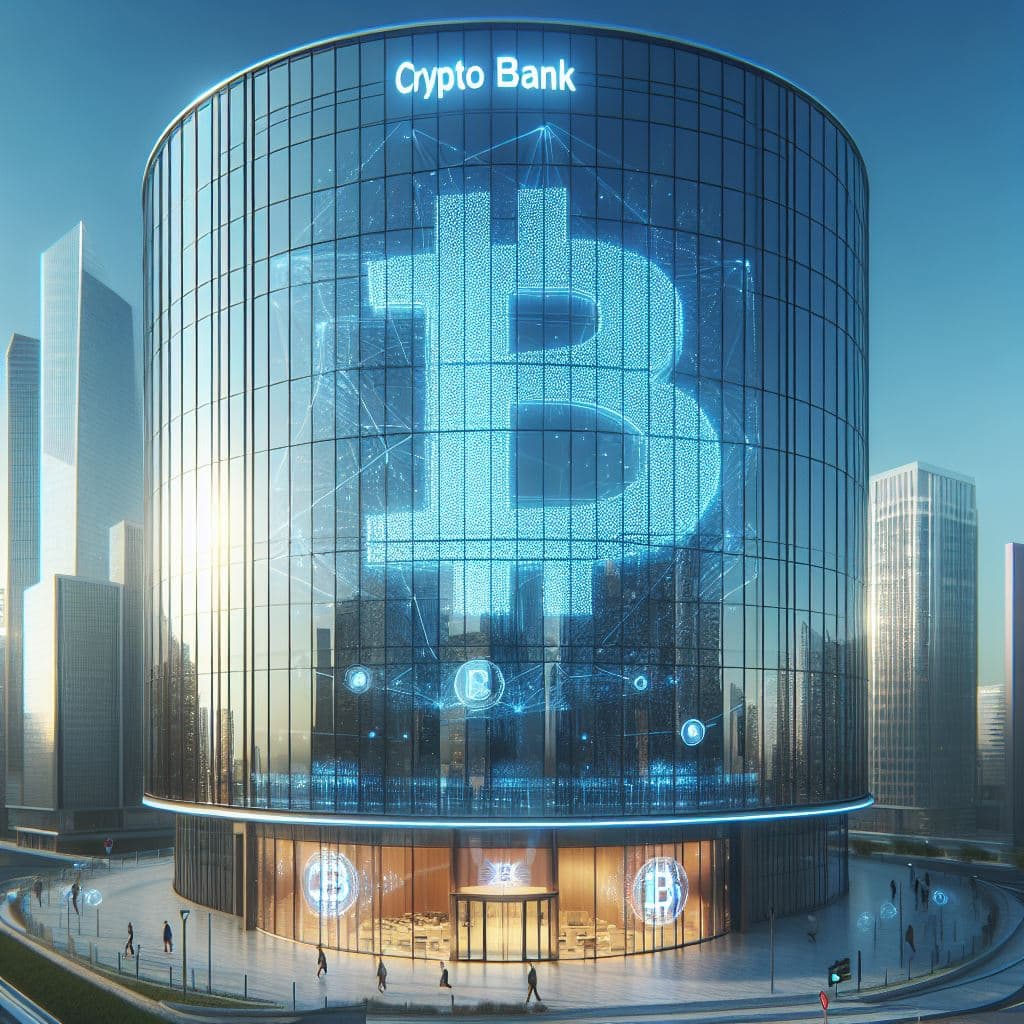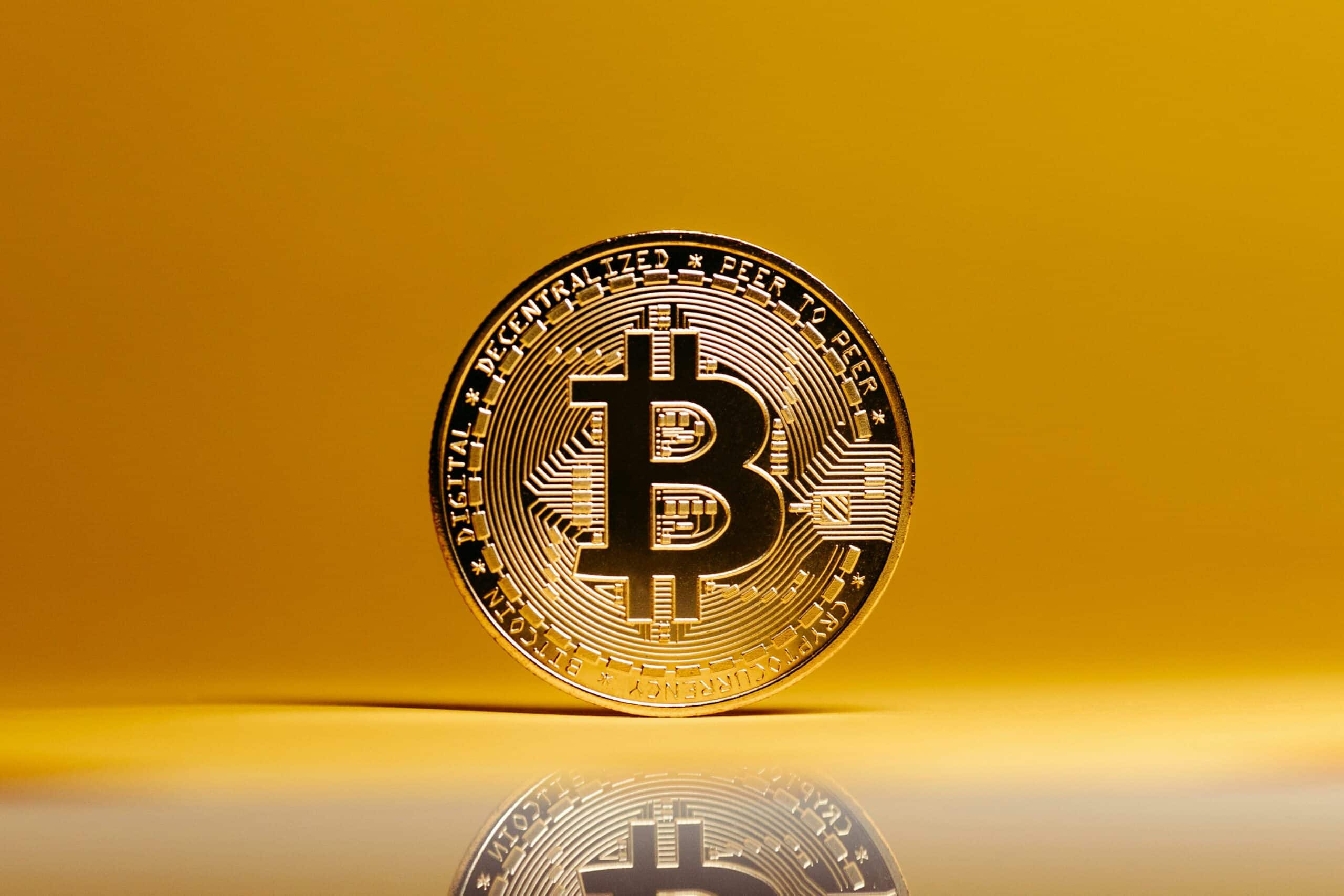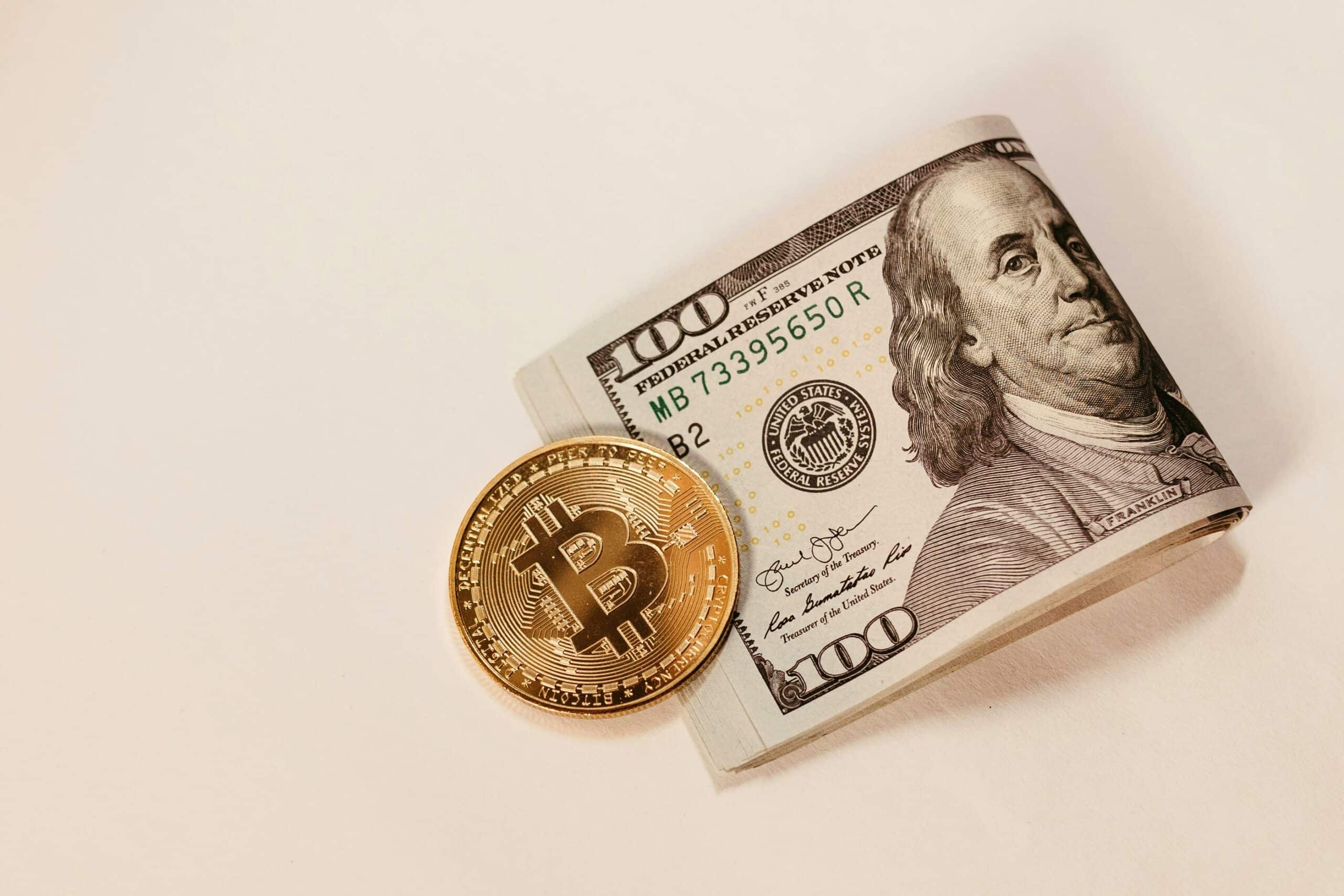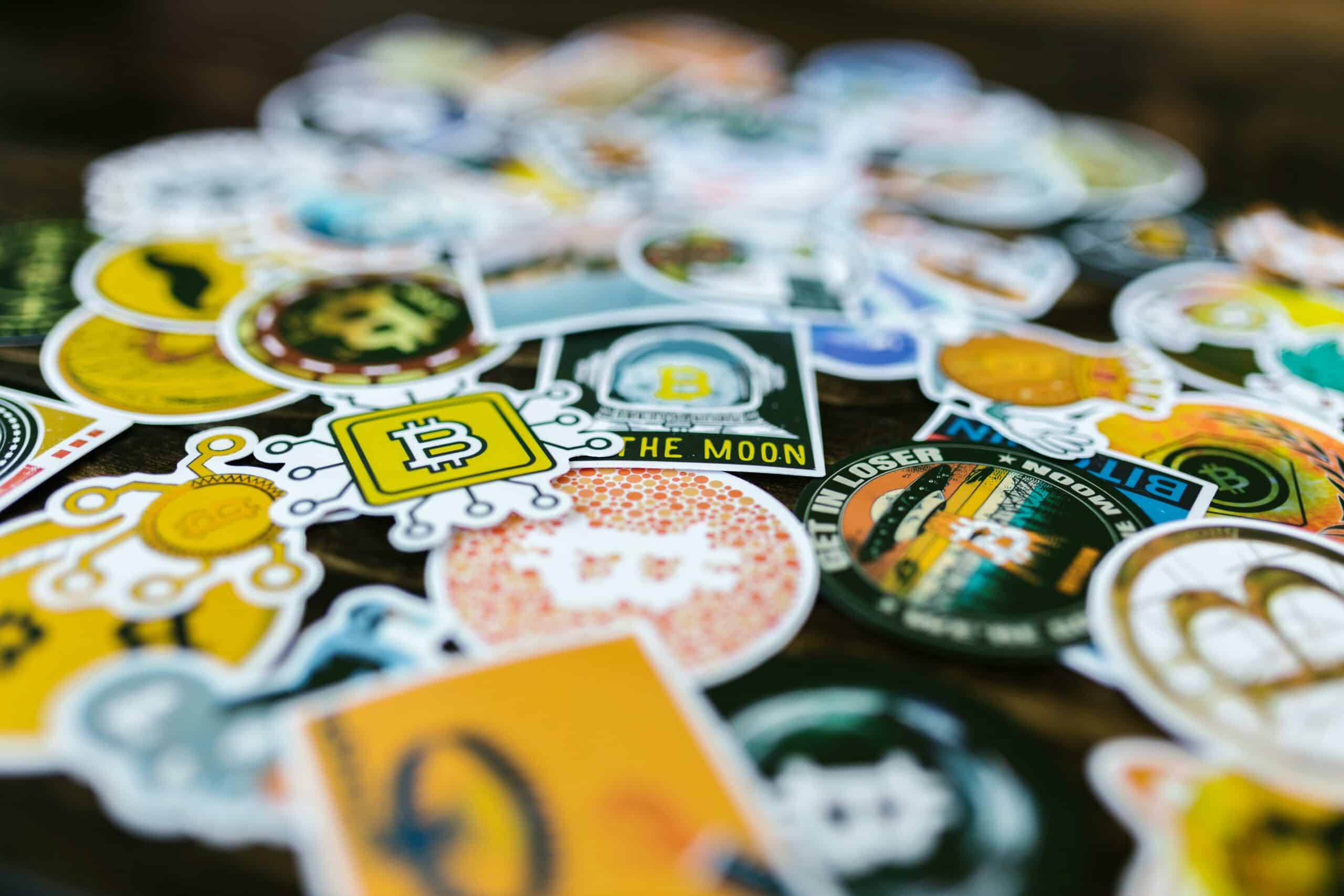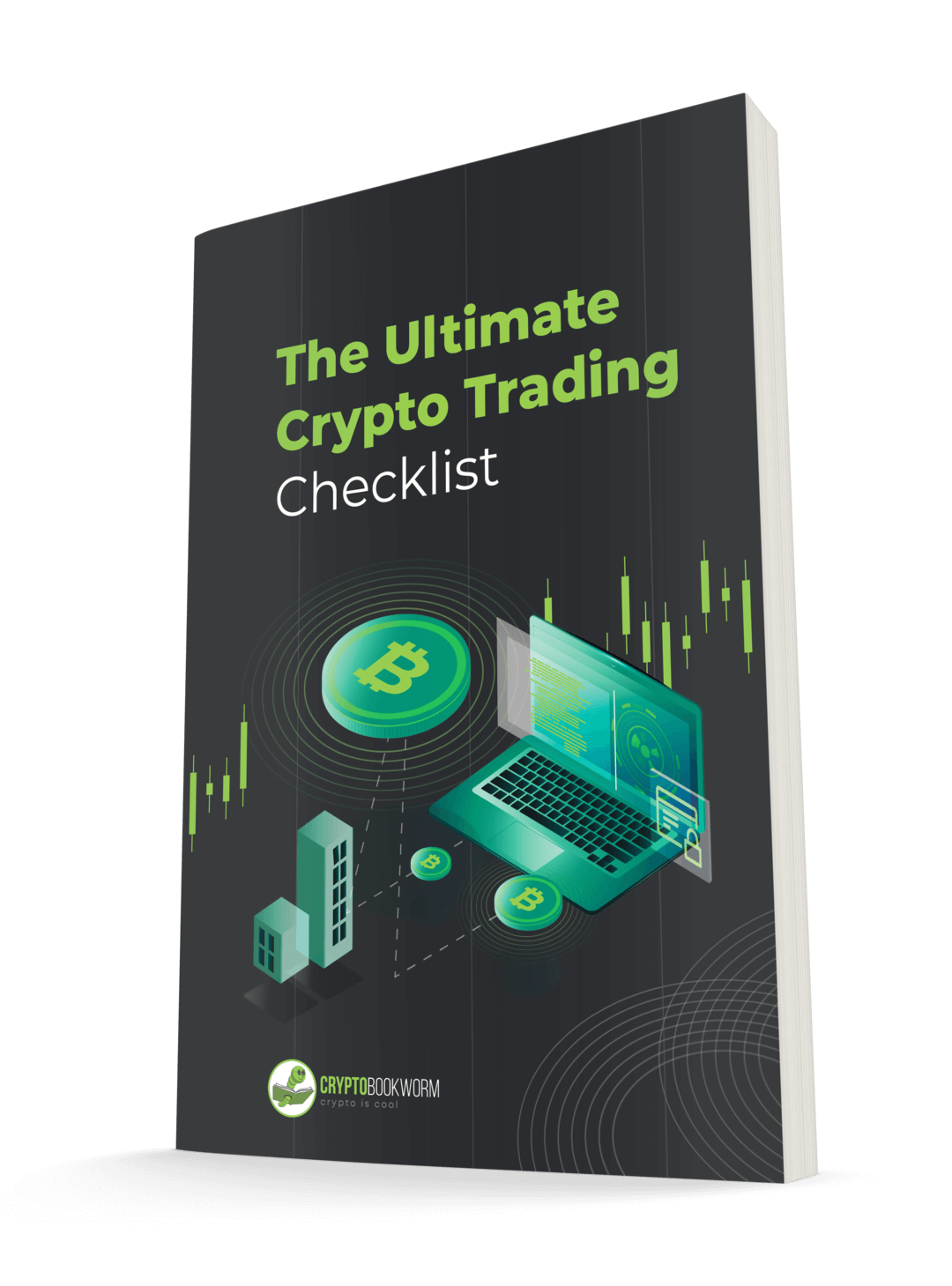To the uninitiated, Bitcoin transactions are effectively anonymous. Due to the fact that Bitcoin transactions are encrypted, don’t involve a third-party authority (like a bank or financial institution), and the only information associated with the transfer is a wallet address, many people think that their Bitcoin transactions remain undetectable.
But is this so?
Unfortunately, the answer is no.
Although many people believe it to be anonymous and untraceable back to an individual, sophisticated tools can be used to uncover the source of Bitcoin payments.
The cause of this is that when exchanging fiat for crypto (or vice versa), personal information needs to be provided per financial regulations.
Worried about having to provide ID just to purchase Bitcoin? It’s a legitimate concern. After all, the benefits of anonymity and privacy are often touted as one of the primary advantages of using Bitcoin.
Fortunately, there are still ways to purchase Bitcoin without needing to disclose any personal information. In this guide, we’ll review the five best ways to buy Bitcoin anonymously so you can enjoy greater privacy while owning some digital currency. But first, let’s understand how to Know Your Customer (KYC) regulations have made it difficult to purchase Bitcoin anonymously in the first place.
Table of Contents
What are KYC Regulations?
Financial institutions are required to comply with Know Your Customer (KYC) regulations. These regulations exist as an anti-money laundering (AML) measure designed to bring more transparency and accountability to the digital currency space.
In 2021, the US Treasury called for stricter implementation of KYC and AML regulations in an attempt to combat money laundering, tax evasion, and other financial crimes. The proposed changes would see cryptocurrency exchanges having to disclose personal information about the owners of crypto wallets that send more than USD $10,000 in a single day. While these regulations have not yet come into effect, crypto exchanges are still required to collect personal information from their customers in order to comply with KYC and AML regulations.
This includes providing a valid government-issued ID, passport, proof of address, and other personal details. This can make it difficult to purchase Bitcoin anonymously, as without providing the required documents, most exchanges will not allow you to buy or sell crypto.
However, while purchasing Bitcoin anonymously is becoming more difficult, it is still possible to do so. Let’s now look at four of the best ways to buy Bitcoin without ID.
1. Use a Peer-to-Peer Marketplace to Bitcoin Anonymously
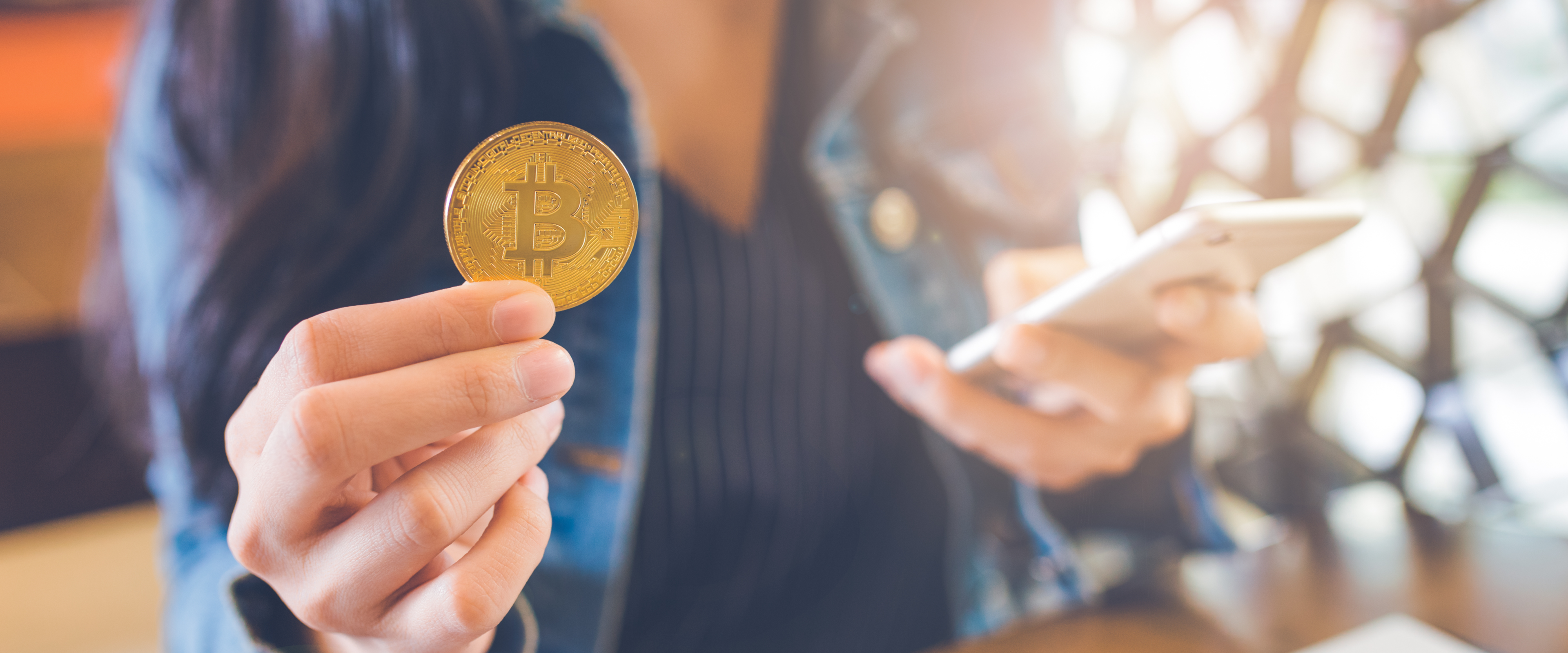
To be in compliance with anti-money laundering regulations, all centralized crypto exchanges (CEXs) require ID verifications. As such, it is impossible to buy bitcoin anonymously via CEXs; KYC must be completed for any and every transaction! However, many peer-to-peer (P2P) marketplaces exist where it is possible to buy Bitcoin without ID.
These marketplaces do not necessarily require a KYC process, although many of them do require users to take certain precautions when trading with each other.
For example, LocalBitcoins is one of the most popular P2P marketplaces and does not require any KYC for accounts. Buying crypto P2P involves users posting an ad with their desired exchange rate and payment method or choosing an offer from another user. Peer-to-peer platforms do not store any funds but instead utilize a multisig escrow service to hold funds until the transaction is completed. The buyer selects their desired offer and then sends off the necessary amount in fiat directly to the seller before they can access their bitcoin in escrow. As these marketplaces don’t hold any fiat currency, there is no need for individuals to undergo KYC procedures.
One of the drawbacks of utilizing a P2P crypto exchange is the limited selection of crypto options available. Depending on what cryptocurrency listings are provided by sellers, liquidity can become an issue if you cannot find a suitable buyer or seller for your trade.
2. Use a Decentralized Exchange to Purchase Bitcoin Without ID
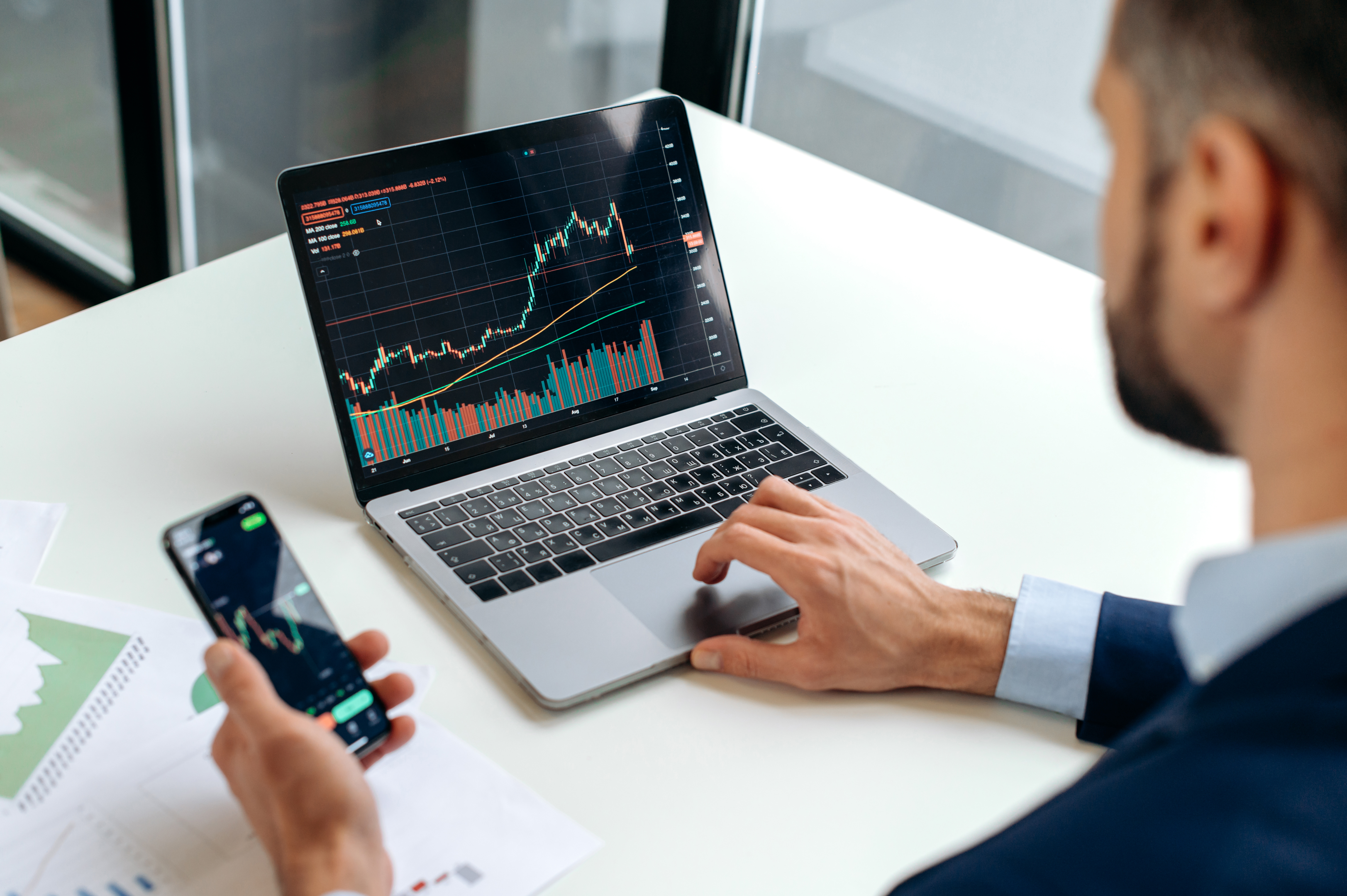
Decentralized exchanges (DEXs) are open-source platforms that allow users to buy and sell cryptocurrencies without the need for an intermediary. Instead of relying on a third-party custodian, these decentralized exchanges use smart contracts to facilitate transactions. Because of this, there is no need for an exchange to hold funds, and therefore, KYC is not necessary.
DEXs like Uniswap, 0x Protocol, and Kyber Network only require a wallet address to trade crypto, making it easy to purchase Bitcoin without ID. If you own an anonymous Bitcoin wallet such as Ledger or Trezor, the most effective means of purchasing Bitcoin anonymously is via a DEX. Nevertheless, these decentralized exchanges do not accept fiat currency – in order to purchase cryptocurrency without KYC/AML compliance, your crypto wallet must already be pre-funded with some form of digital currency.
3. Use a Bitcoin Tumbler to Obscure Your Funds
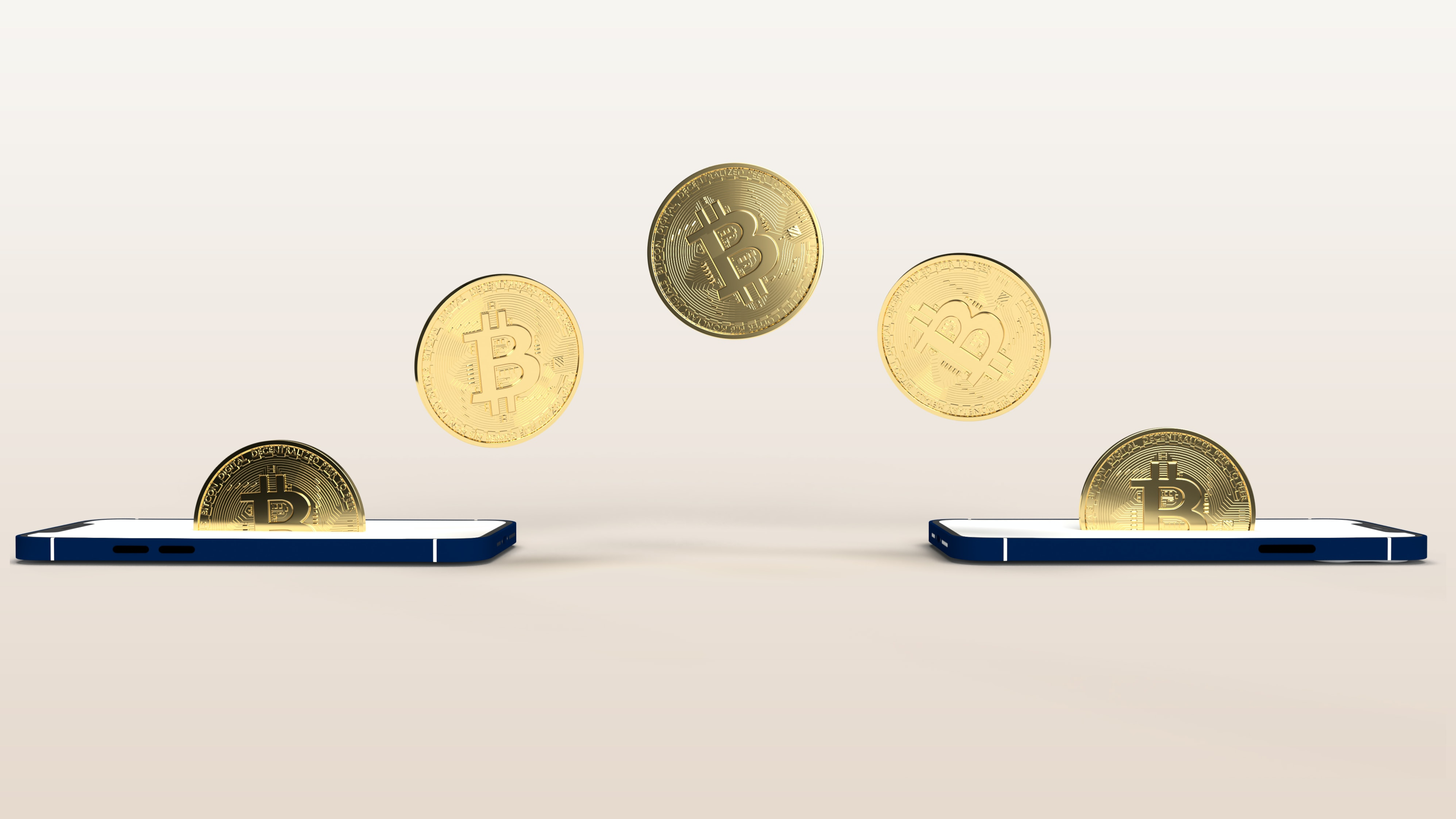
Bitcoin tumblers, also known as Bitcoin mixers, are services that allow you to obscure the origin of your funds by mixing them with a layer of other users’ coins. Bitcoin tumblers take from multiple different inputs and then consolidate them into one larger output. This effectively makes it difficult for any third party to trace the origin of these funds, as all transactions become jumbled together with a whole host of other transactions. By using these services, it is possible to buy Bitcoin without ID, as the transaction cannot be linked back to you.
4. Use a prepaid debit card to purchase Bitcoin without ID
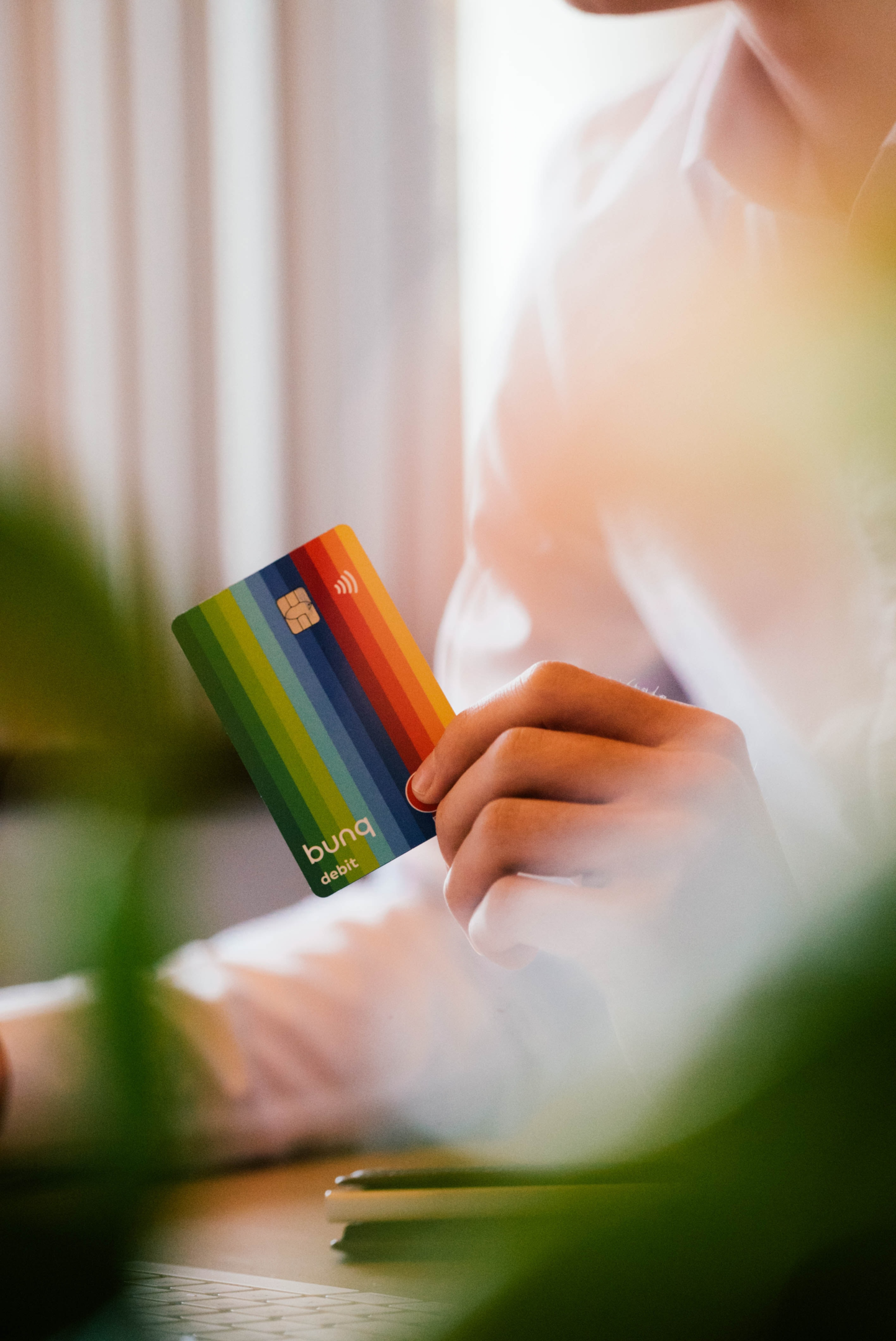
In some cases, it is possible to use a prepaid debit/credit card or voucher to purchase Bitcoin without needing any KYC/AML procedures. In order to use this method, you must first purchase a prepaid debit card from an authorized provider. The next step is to find an exchange or brokerage that accepts this form of payment method. Once the prepaid card is loaded with funds, you can use it to purchase Bitcoin without needing to verify your identity. And with eToro, users can also anonymously purchase Bitcoin by funding their payment methods, such as PayPal using a prepaid card.
5. Use a Bitcoin ATM
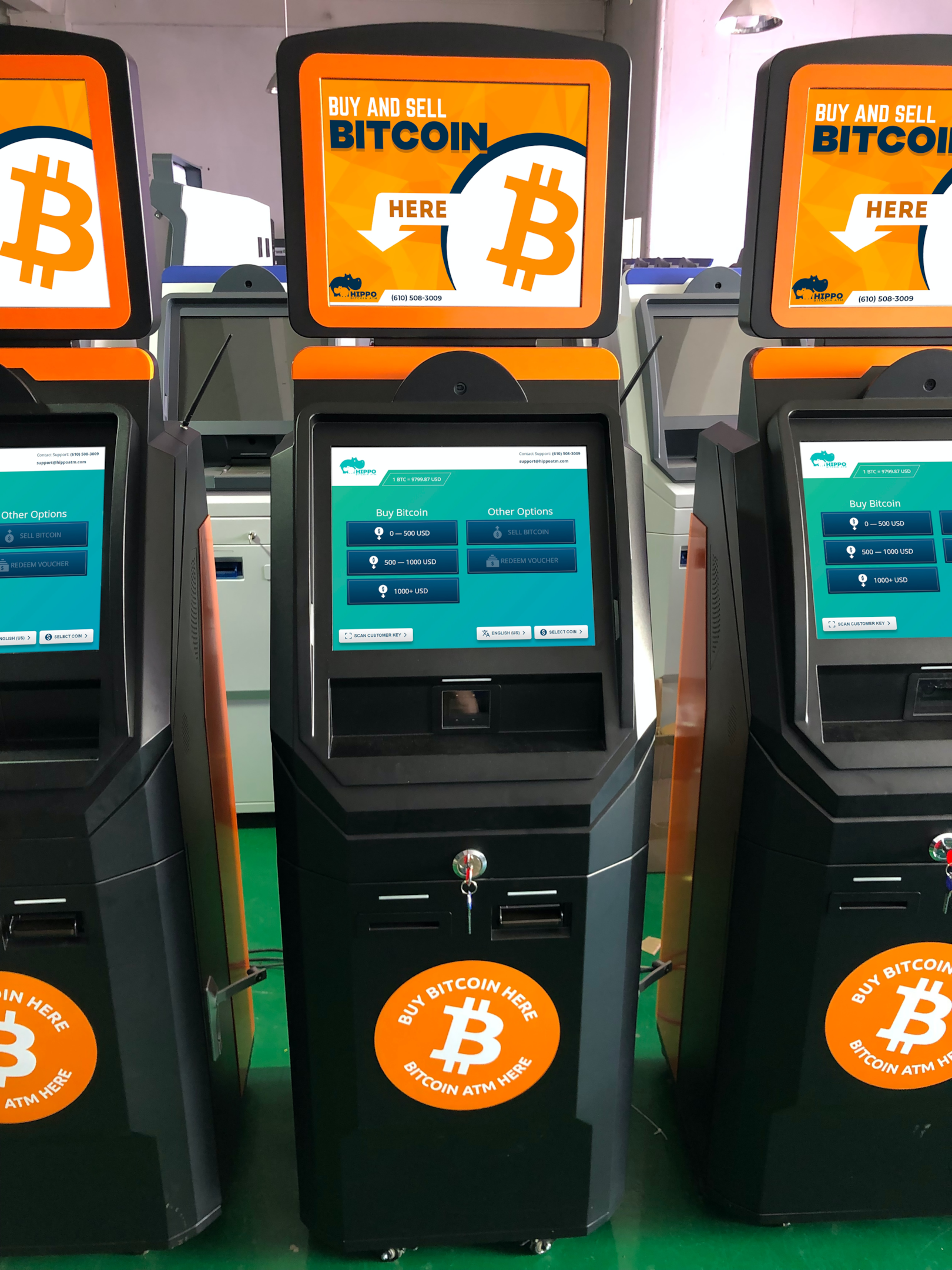
If you’re looking to buy Bitcoin without ID, one of the best ways is through a Bitcoin ATM. These machines allow users to insert cash into the machine and receive their Bitcoin on a paper wallet without having to complete any KYC/AML procedures. This method does come with one main drawback: Bitcoin ATM providers generally charge a fee for each transaction. Also, you’ll be paying the highest rate for your Bitcoin purchase. As there are no other sellers involved in the transaction, you won’t have much choice when it comes to getting the best price. Nevertheless, Bitcoin ATMs provide a way to buy Bitcoin without ID if you are willing to pay for the privilege.
Tips for buying Bitcoin anonymously
To safeguard your financial privacy, it is important to take the necessary steps to remain anonymous when purchasing Bitcoin. Here are some tips that you should keep in mind:
1. Use a Virtual Private Network (VPN)
When you choose to buy and sell Bitcoin online, it is important to ensure that your IP address remains hidden. By using a VPN, you can mask your IP address and ensure that your online activity remains private.
2. Use new Bitcoin addresses for all your transactions
Using the same Bitcoin address for all of your Bitcoin transactions can link all of your purchases together, making it easier for someone to track down your online activities. Also, don’t forget to keep your private key just that: private!
3. Use a temporary email account
When creating an account on a centralized cryptocurrency exchange or P2P marketplace, use a temporary email account that can be easily disposed of after the transaction is complete. This will ensure that your real email address remains private and secure.
4. Circumvent phone verification
To bypass phone verification when purchasing Bitcoin on centralized platforms, consider using a virtual phone number or temporary disposable phone. Doing so will provide you with the ease and convenience of having control over your data security.
5. Invest in privacy coins as an alternative to traditional cryptocurrencies
Privacy coins like Monero use advanced cryptography to obscure the sender, recipient, and amount of any transaction, making them ideal for traders who want to remain anonymous.
Final thoughts
In the digital age, privacy still matters a great deal as it allows individuals to protect their data and identity from malicious actors and other forms of cybercrime. Buying Bitcoin anonymously can be a great way to ensure that your personal information is kept secure and protected while still allowing you to purchase the cryptocurrency of your choice. By taking the necessary steps to remain anonymous when purchasing Bitcoin online, you can keep your financial affairs private and secure.
While there are some risks associated with buying bitcoin without ID verification, the options discussed above enable Bitcoin users to purchase cryptocurrency without leaving a digital trail. A peer-to-peer network is one of the most convenient options as long as you are comfortable with the risks involved. However, for those who prefer a more traditional route, prepaid cards offer another legitimate way to buy Bitcoin anonymously. Additionally, it’s important to remember that regardless of how you buy crypto coins, utilizing the privacy features of your wallet is key when safeguarding against prying eyes.
In the words of Max Keiser: “Bitcoin is the currency of resistance.” So, if you want to keep your financial data secure and practice your right to privacy, it’s important that you take the necessary steps to buy Bitcoin anonymously.





